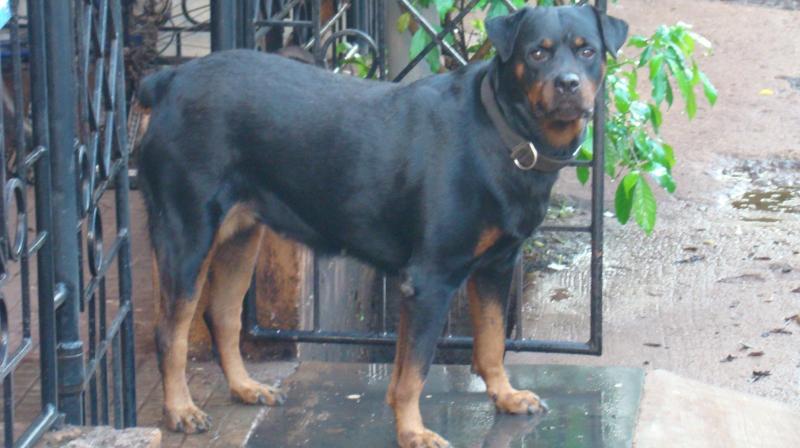Unmasking Canine Dysfunctional Behaviour: 5 Subtle Signs of Autism Behaviours in Dogs

Every year on June 18, Autistic Pride Day is observed as a reminder of the astounding variety of behaviours present in both people and our animal companions. Even though they may not experience autism in the same manner as people, dogs still display remarkable behavioural traits that resemble some ASD characteristics. Dr Deepak Saraswat, Head Veterinarian, Zigly, shares five cues that can point to these particular behavioural characteristics in dogs:
• A prominent trait that some people with autism and certain breeds of dogs have in common is heightened sensitivity to their surroundings. This characteristic can cause dogs to react intensely to loud noises, unexpected movements, or strange textures. For instance, during a thunderstorm, you might find your pet become very upset, barking continuously, or looking for a secure spot to hide from the erratic sounds and flashes. Similar to how they may act when there are fireworks in the sky, these dogs may show signs of fear and anxiety as they try to find shelter and comfort in the novel and possibly overwhelming sensory experience.
• Another characteristic that can be seen in both people with autism and canines with distinctive behavioural patterns is repetitive behaviour. Dogs may engage in repetitive behaviours that have a characteristic rhythm, such as compulsive circling, tail-chasing, or obsessive object-chewing. Dogs can navigate their environment in a way that gives them a sense of security because to these recurrent activities, which provide them with comfort and familiarity.
• Dogs depend on predictability and routine; any interruption to their established rhythms can make them feel anxious and distressed. They naturally crave order and organisation in their lives. Your canine friend's strong desire for a perfectly organised world is shown if you observe that they become more sensitive to changes in their routine or environment, showing signs of anxiety or restlessness when confronted with changes. You can lessen their worry and provide them a sense of stability by remaining consistent and keeping to established routines.
• Social relationships might be difficult for dogs who exhibit unusual behavioural tendencies. They could have a distant demeanour, avoid eye contact, and have trouble reading social signs from people and other dogs. Your loyal pet can act uninterested in socialising with other animals or have trouble developing emotional bonds. These social issues are a sign of their particular difficulties understanding and navigating social situations.
• Dogs with unusual behavioural patterns might also get obsessively fixated on certain behaviours, sounds, or things. For example, your dog might become completely absorbed in endless play with a single toy, demonstrate an unquenchable drive to smell incessantly when out for walks, or express an enduring fascination with a certain sound or action. While every dog has their own preferences, these particular fixations highlight the complexity and depth of each dog's behavioural pattern.
For us to give our cherished canine friends individualised care and assistance, it is crucial to comprehend these tiny distinctions. It is recommended that you consult a veterinarian or a licenced animal behaviourist for advice if you notice any of these behavioural characteristics in your dog. These experts can provide priceless knowledge and specialised guidance to address the unique needs of your dog, ensuring their wellbeing and strengthening your relationship with them. We embark on a gratifying road of mutual understanding, lifetime enjoyment, and shared experiences with our puzzling yet magnificent canine companions by accepting their specific peculiarities and accommodating their own behavioural patterns.

